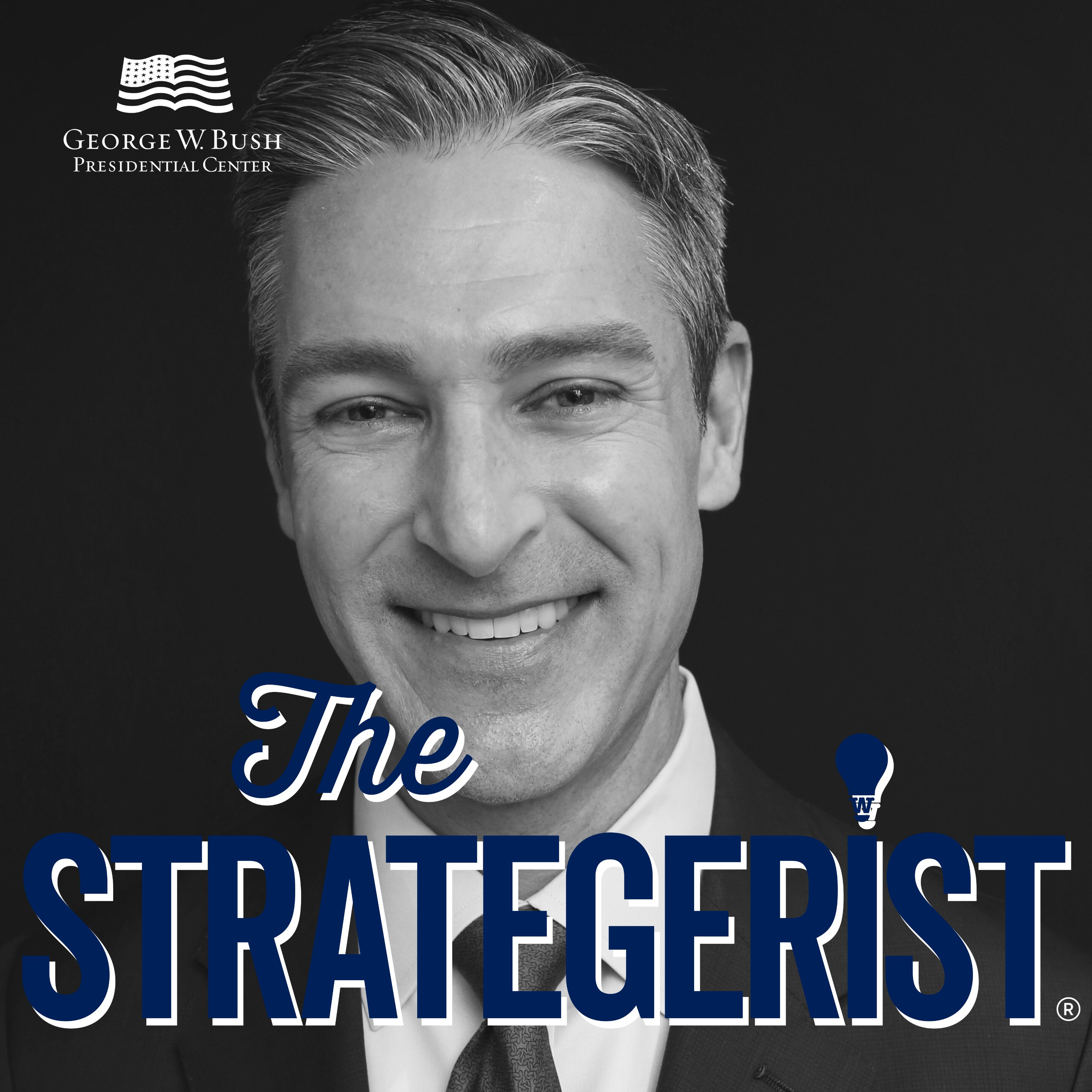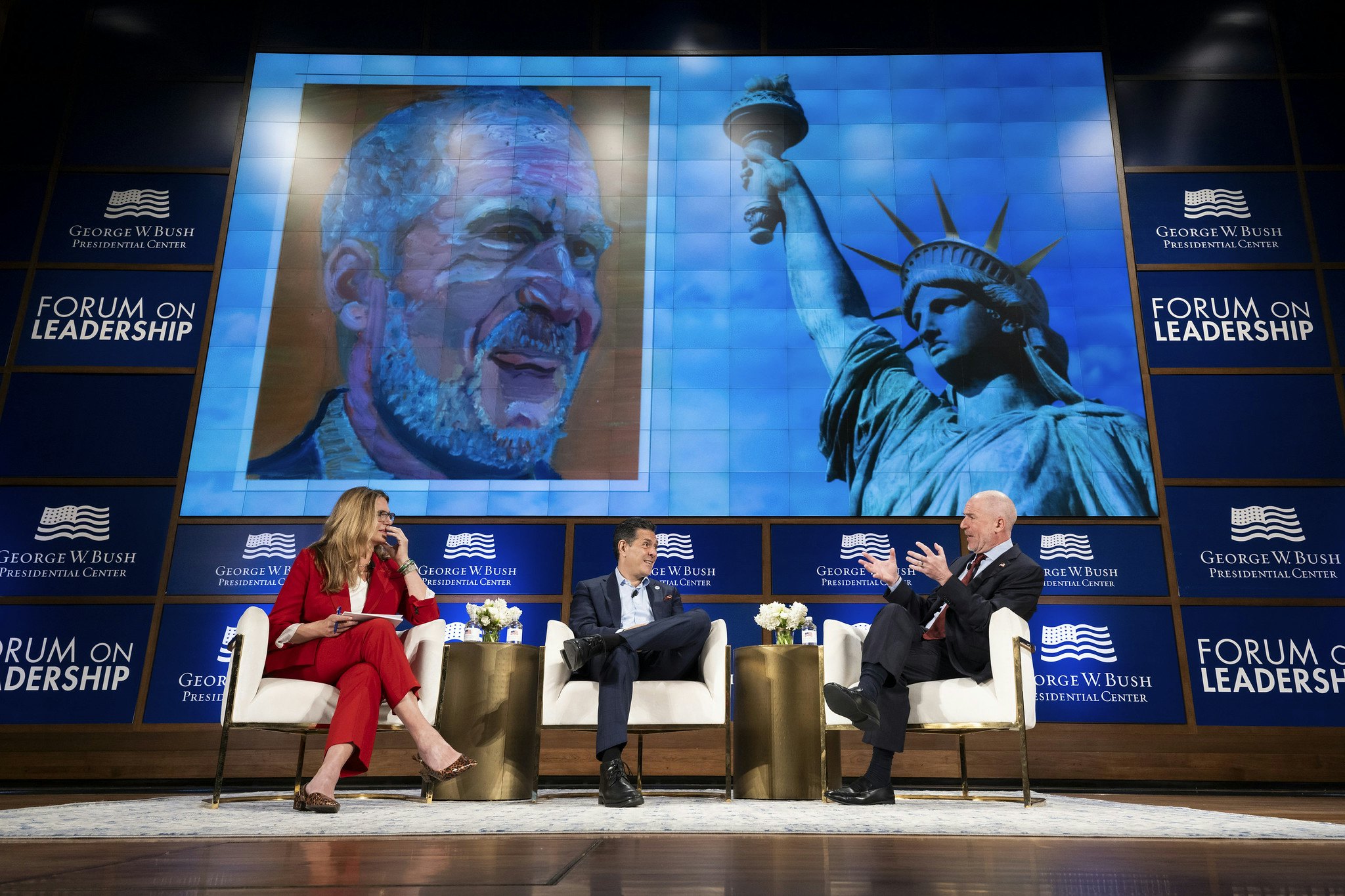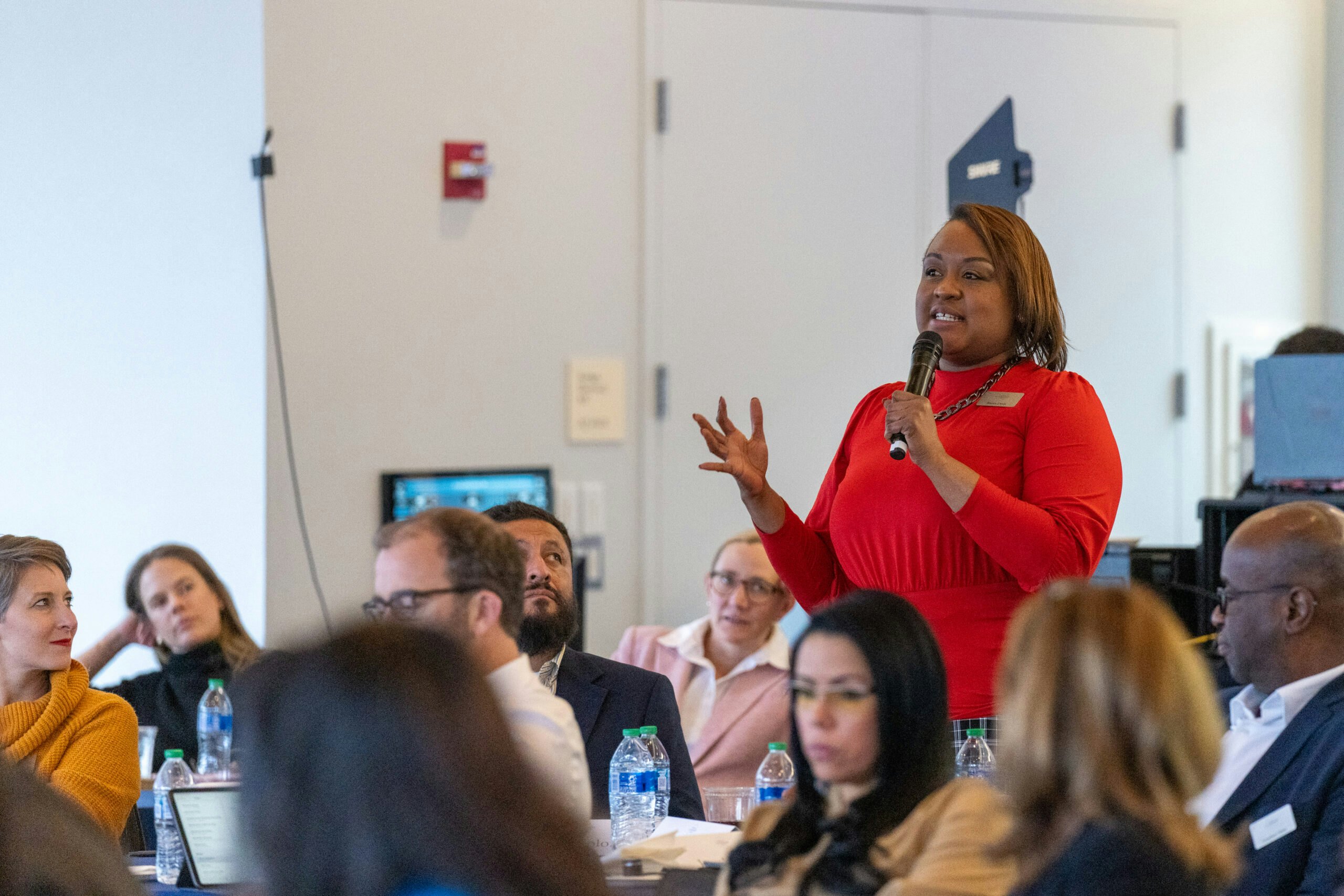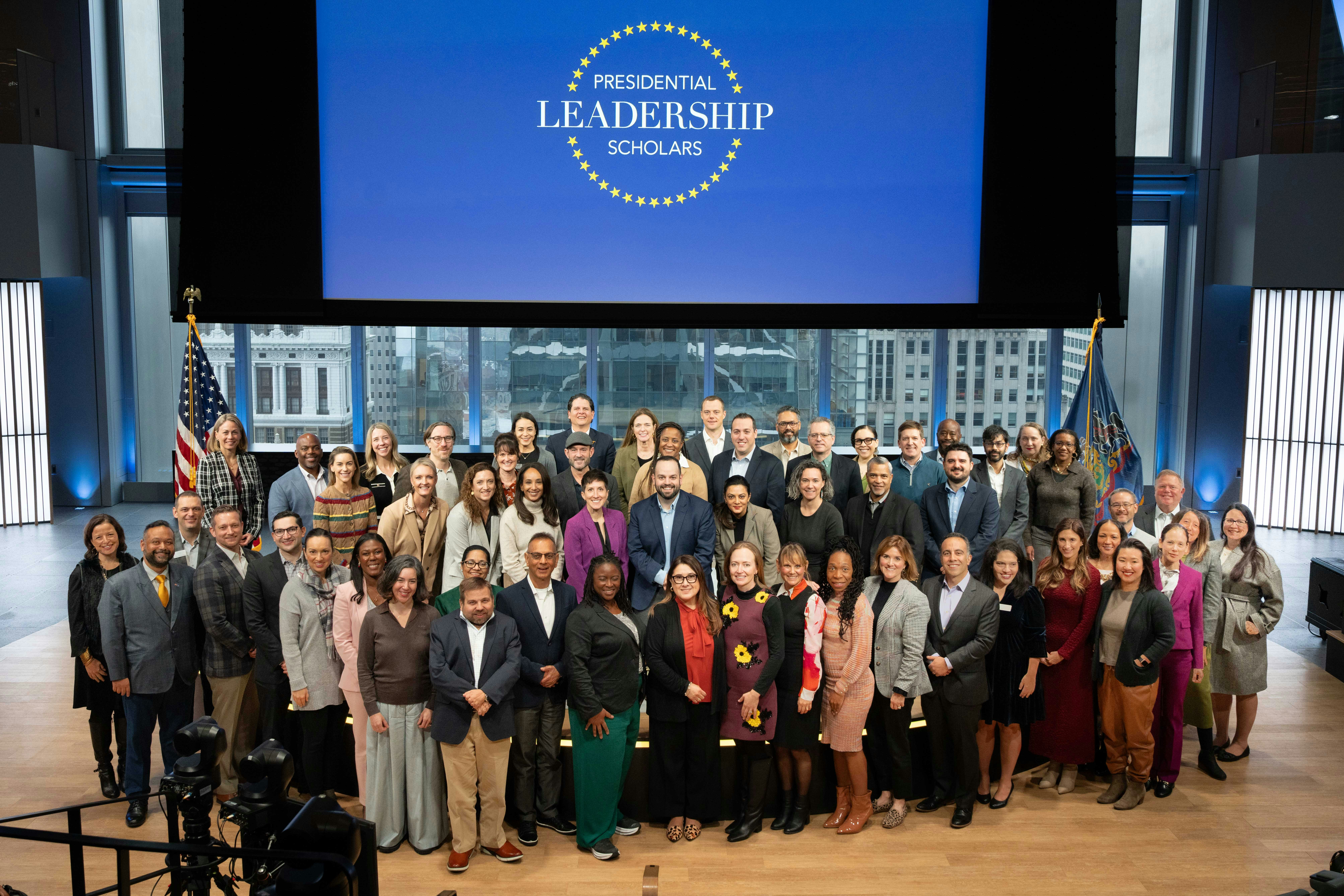Almost everywhere you turn, books are being churned out about the challenges that globalization, automation, and the digital age present established democracies. Their presence is an encouraging sign.
Almost everywhere you turn, books are being churned out about the challenges that globalization, automation, and the digital age present established democracies. Their presence is an encouraging sign.
We need to take seriously the tensions these forces are creating without giving into the raging populism that would love to interrupt the global economy, tempt us to go Luddite about the latest forms of automation in the workplace, and suppress the flow of information that contradicts our tribe’s view of the world.
Books like Yascha Mounk’s People vs. Democracy, Ian Bremmer’s Us vs. Them, and James and Deborah Fallows’ Our Towns analyze the fissures that have emerged as the economy becomes more “gig,” communities face disruption, and populism surges around the world, including in once stable democracies. At the same time, each of these works offers a way forward.
Mounk draws upon various data sources to make his point, namely that we should take seriously challenges to once-settled questions about democratic norms. For one thing, there seems to be a growing preference in struggling democracies like Hungary and Poland for strongman leaders.
Their rise has elevated the contradictory-sounding term, “illiberal democracy.” And the burst of populism across the West suggests a preference for raw “people power.” The U.S. is certainly seeing its own share of populist revolt, which adds to Mounk’s main worry about a “…existential danger to the very survival of democracy.”
A Harvard government lecturer and New America fellow, Mounk doesn’t end with the negative. He presents a variety of recommendations, including urging schools to improve teaching civics and parents to instill a sense of civic responsibility in their children. He believes that free speech must be upheld on college campuses and not be secondary to concerns about social justice. And he advocates for an “inclusive patriotism” that leads to “a real sense of community among all citizens….” These are all part of his strategy to “domesticate nationalism.”
Bremmer writes in Us. vs. Them of a brewing conflict between those who have prospered in the global economy and those who have not. The conflict goes beyond simple economics to include cultural conflicts over issues of identity. And he contends it will remain no matter who is in office.
A Time columnist and founder of a group that researches and consults about political risks, Bremmer discusses public and private solutions. He is right that we need both kinds but the most refreshing ones he writes about involve private or local institutions.
For example, he notes the Rise of the Rest investment fund that is putting capital into communities especially left behind by globalization. He reports how universities like Johns Hopkins in Baltimore are hiring local residents whose neighborhoods are devastated by poverty. And he writes about companies like AT&T that constantly retrain their workers.
James and Deborah Fallows similarly spotlight a wide range of community-based responses to larger macro trends. After four years of piloting their single-engine plane across America, they report in Our Towns on local communities that are facing transformations brought on by the loss of a major factory, the influx of large immigrant populations, or the lure of a bigger city.
As the couple traveled, they wrote blogs from Eastport, Maine to San Bernardino, California, and points in between. (You can read more about their observations in the summer edition of The Catalyst.) The pair discovered common factors in rebounding communities. The list includes a “local patriot” who leads the revival, an exciting arts community and cultural offerings, a resurgent downtown, and, most interestingly, a strong local narrative. The community has a story to tell and the townspeople know it.
What is common in these books is their acknowledgement of the pivotal role of mediating institutions. They might be non-profits, Rotary Clubs, or community colleges, which are the modern manifestations of the local associations and organizations Alexis de Tocqueville famously heralded in the mid-1800s. Whatever their form, the institutions generate the social capital that holds a town together amidst traumatic change or decline.
Their influence is one reason to cheer amidst so much unrest in our society. The Fallowses’ report on the role arts groups have had on Eastport, Maine’s revitalization makes you feel good about our prospects. The same is true about places like Fresno, California, where a community college is helping workers develop skills for a technology-driven economy. And Erie, Pennsylvania’s assimilation of immigrants and refugees shows how a town can renew itself despite serious challenges to its cultural identity.
To be sure, local communities have not found the Promised Land. School boards, for one, can be brutal places to serve. And segregated communities, income inequality, and underperforming schools remain a challenge.
What’s more, we need focused, effective solutions from Washington and statehouses. The challenges facing democracies are not peculiar to particular communities. The hacking of our elections, for example, threatens the entire nation, so improving cyber security requires a broad, energetic response.
Still, there is room to be encouraged in a time of restless populism. A resurgent localism gives us hope for a social and even political renewal.




























